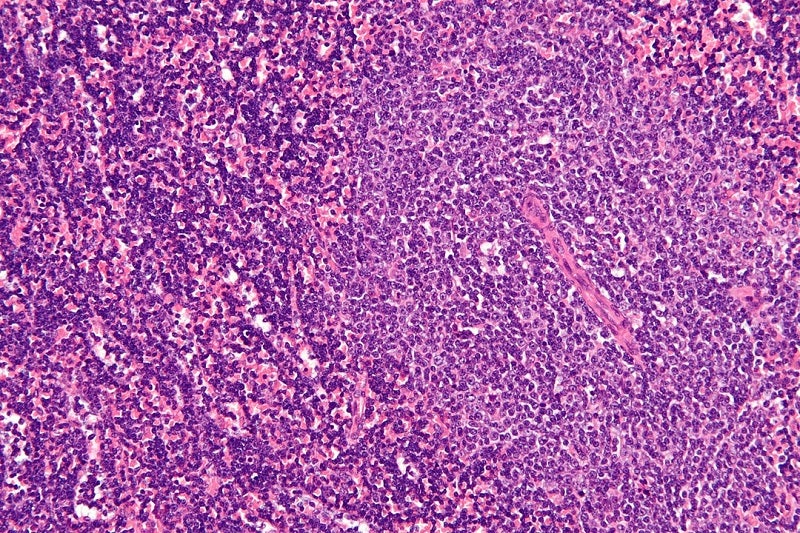
The European Commission (EC) has approved BeiGene’s Brukinsa (zanubrutinib) to treat chronic lymphocytic leukaemia (CLL) in adult patients.
The small-molecule Bruton’s tyrosine kinase (BTK) inhibitor, Brukinsa has been approved to treat treatment-naïve (TN) or relapsed/refractory (R/R) CLL in adult patients.

Discover B2B Marketing That Performs
Combine business intelligence and editorial excellence to reach engaged professionals across 36 leading media platforms.
It was specifically designed to provide targeted and sustained BTK protein inhibition by optimising bioavailability, selectivity, and half-life.
Currently, Brukinsa is being assessed in a broad clinical programme as monotherapy and along with other therapies for the treatment of several B-cell malignancies.
BeiGene Hematology chief medical officer Mehrdad Mobasher said: “This approval represents an important milestone for CLL patients and their physicians who now have a new chemotherapy-free treatment option and an alternative to current BTKi treatment options.
“Given that Brukinsa has demonstrated consistent benefit across patient subgroups, regardless of risk status, we believe Brukinsa could now be the preferred treatment option for newly diagnosed and relapsed/refractory CLL patients.”

US Tariffs are shifting - will you react or anticipate?
Don’t let policy changes catch you off guard. Stay proactive with real-time data and expert analysis.
By GlobalDataThe regulatory approval is based on the data obtained from two Phase III clinical trials, SEQUOIA and ALPINE.
SEQUOIA was conducted in patients who were previously untreated for CLL and ALPINE in R/R CLL patients.
Brukinsa showed superior efficacy compared to either bendamustine and rituximab (B+R) combination or ibrutinib in first-line or R/R CLL in the two trials.
In the EU, the BTK inhibitor is now approved to treat adult WM patients who have previously received a minimum of one therapy or as the first-line treatment for patients unsuitable for chemoimmunotherapy.
It is also approved to treat MZL in adult patients who have previously received at least one anti-CD20-based therapy.




